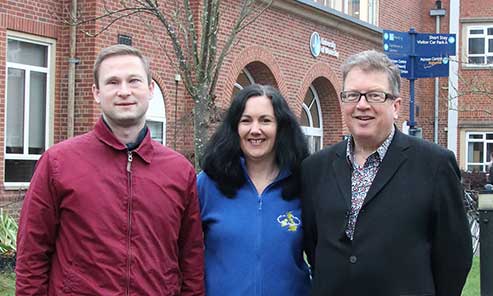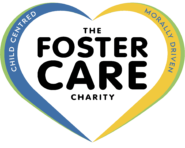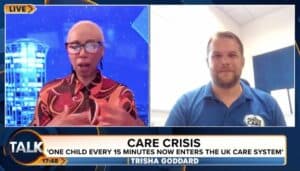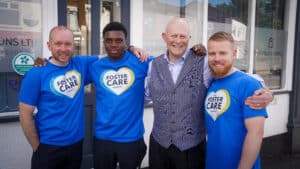
Groundbreaking Research: Overcoming Barriers for Disabled Foster Carers
The Foster Care Co-operative (FCC) is working with Shaping Our Lives and the University of Worcester on groundbreaking research supporting the disabled community. This research will investigate the potential barriers that stop disabled people from becoming foster carers, and how these barriers could be overcome.
Gail Granger, one of our social workers based in the Midlands, is lending her experience to the project, providing an ‘industry perspective’ and an ‘employer’s voice’. She will support Dr Peter Unwin, Principal Lecturer in Social Work at the University of Worcester, with the research that he has initiated.
Part of a £5 million research programme
Entitled ‘Mutual Benefits: the potential of disabled people as foster carers’, this research is funded by a grant from the DRILL programme. DRILL (Disability Research on Independent Living and Learning) is a £5 million research programme funded by the UK National Lottery.
Fostering should be inclusive
We believe that it is very important that the fostering task should be as inclusive as possible. Not only does this enable more people to become carers, but it also provides diverse carer-to-child matching options, which is so important when looking to provide children with a home. In theory, the better the match, the more stable the placement should be.
Other than some very wide criteria and a full assessment and checking process, the main requirement for becoming a foster carer is to be able to care for children in your home. If you meet this criteria, there is no reason why you should not be able to become a foster carer. Living with a disability does not mean you cannot care for others or provide a supportive home environment.
Matching the needs of the child is fundamental to successful fostering
Ian Brazier, executive director of FCC, said: “Matching the needs of every child we look after is the fundamental requirement for successful fostering. Every child is different. Because of the diversity of their needs we can only properly match them if we have a wide diversity of carers willing to take on this challenging but rewarding task.”
We are very much looking forward to the results of this research, along with recommendations of how any barriers to disabled people becoming foster carers can be overcome. “Having Gail lend her expertise to this groundbreaking piece of research is something we are extremely proud of and thankful for.” continues Ian.
Find out more about this research here – University Launches Ground-breaking Research in to Foster Care – University Of Worcester
Could you foster?
Thousands of new foster carers are required each year in order to care for vulnerable children. If you are thinking about becoming a foster carer or you have some questions about fostering eligibility, you can call our team on 0800 0856 538 or send us a message via our contact us page here.
Lee GreatBatch is a Disability Trainer, consultant and a blind paralympian. As a child he was taken into foster care and at that time he began losing his sight. Playing blind football, he represented England at the 2008 Beijing Paralympics, scoring a goal against the Bronze medalists Argentina. He is now a Foster Panel member for The Foster Care Charity
Co-operative becomes The Foster Care Charity
On 1st October 2023 The Foster Care Co-operative became a fully registered charity. The organisation is now known as The Foster Care Charity. Find out more about the transition from co-op to charity...




